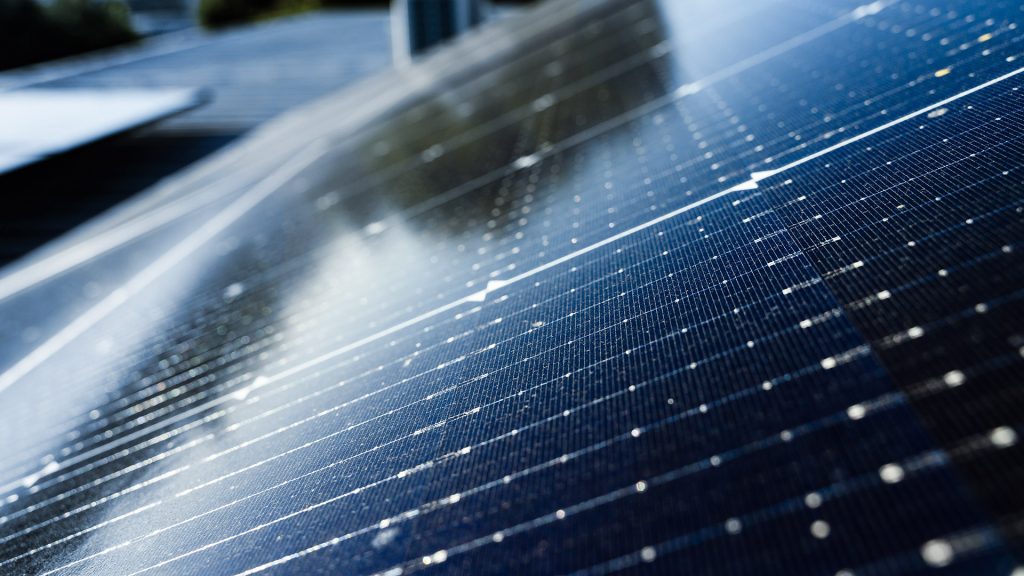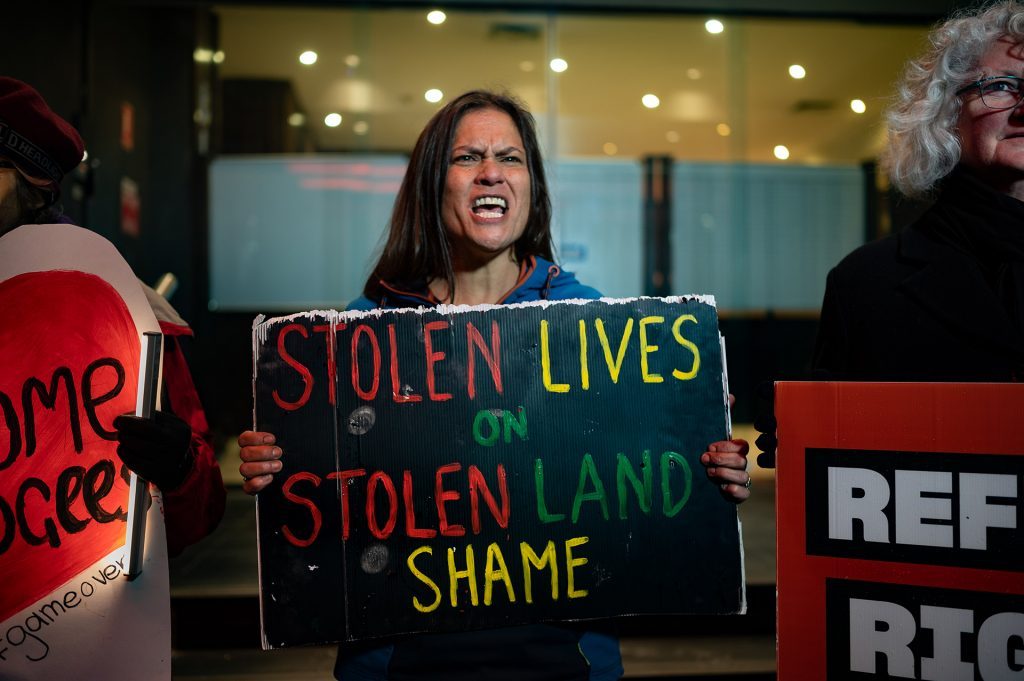Gas Health Impacts with Dr Genevieve Cowie

JACK MEEHAN
What risks do we run with household gas?
Check out this highlights video from Dr Genevieve Cowie, Convenor of Doctors for the Environment Australia’s Research, Education and Advocacy Committee and public health physician. You can watch the video here.
Dr Cowie starts by explaining that poor indoor air quality has serious impacts on our health. The worst offenders are gas ovens and gas cooktops, which leak even when they are not being used. A research team in Queensland have conclusively proved that gas cooking causes over 12% of childhood asthma. This finding has just been replicated in a big US study, and Australian GPs are recommending replacing gas cooktops.
But asthma is just the beginning. Dr Cowie said that household gas, particularly gas cooking, also impacts our respiratory, cardiac and neurological systems.
What can we do about it?
A good first step is to move rapidly to induction cooking.
Purchasing a portable induction cooktop is a great way to reduce immediate risk at a very affordable price.
Gas appliances release harmful indoor pollutants
Gas appliances release combustion products that risk our health.
First cab off the rank is nitrous oxide which has major impacts on the respiratory system and has been widely implicated in asthma, particularly childhood asthma. Dr Cowie said that if a child is living with a gas stove, then “30% of the risk of them having asthma is from that stove”.
Gas appliances also release fine particulates (PM2.5) which impact our cardiac systems as well as worsening respiratory conditions, diabetes, dementia, and can affect pregnancy outcomes, according to Dr Cowie.

Gas appliances have widespread health impacts due to toxic combustion products
“Now, formaldehyde is one of those volatile organic compounds.
It’s highly toxic and easily inhaled. It’s present in small amounts in the products of combustion and is also very irritating to the eyes and skin, and is well known is for causing cancer.
it’s a known carcinogen.“
– Dr Genevieve Cowie, Doctors for the Environment Australia
Other combustion products that harm our health include formaldehyde, “a known carcinogen” and other volatile organic compounds like benzene, which is linked to “bone marrow suppression.. and leukaemia” according to GP Dr Ben Ewald, quoted in an news update from the RACGP.
Carbon monoxide is a serious risk to our health, and old leaky gas heaters can cause serious injury or even in some instances death. Dr Cowie emphasised how important it was for gas appliances to be checked every two years by a gas fitter with a type-A licence and a carbon monoxide meter.
“The upshot of it all is basically that the risks from burning carbon inside our houses are increasingly recognised and we now have much safer, healthier and more energy efficient ways of heating our homes and cooking.“
– Dr Genevieve Cowie, Doctors for the Environment Australia
Dr Cowie also talked about the climate and social justice impacts of gas appliances. Children, with their smaller bodies and people with lower incomes, often living in smaller houses, are disproportionally affected.
As well as impacting our own families, gas combustion products are released into the atmosphere, worsen local air quality, exacerbate temperature inversions and contribute to global heating.
Moving to electric appliances is a great way we can do our bit for the climate as well as protecting our families health.
It’s time to go electric
JACK MEEHANIt has been a rewarding experience to work with Electrify Boroondara to create engaging promotional videos and help grow the group's profile. Electrify Boroondara Expo Electrify Boroondara is hosting a huge electrification Expo today, with experts...
Issues around media concentration in Australia
JACK MEEHANWhat stands out when looking at journalism in Australia? If looking first at print, the answer is clear. Australia has one of the most concentrated news-media industries in the world, dominated by just a small handful of companies, consolidating their...
Free our friends: activists keep up the fight for release of Medevac refugees
A group of passionate protesters have become regulars at Carlton's Park Hotel, which has become an inner city jail for asylum seekers brought to Australia because they need medical care. Jack Meehan and Alessandro Rosini report.




Recent Comments